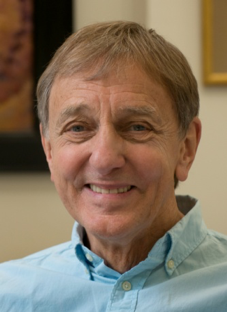Sir Colin Blakemore is Yeung Kin Man Professor of Neuroscience at City University of Hong Kong. He worked in the medical schools of Cambridge and Oxford for more than 40 years and from 2003-7 he was Chief Executive of the UK Medical Research Council. From 2012-18 he was Professor of Neuroscience and Philosophy at the School of Advanced Study, University of London, before he moved to Hong Kong early this year. His research has focused on vision, development and plasticity of the brain, and on neurodegenerative disease. Colin has been President of the British Science Association, the British Neuroscience Association, the Physiological Society and the Royal Society of Biology. He is a member of 12 scientific academies, including the Royal Society and the Chinese Academy of Engineering, and his honours include both the Faraday Prize and the Ferrier Prize from the Royal Society. He has been widely involved in scientific advice to government and he is deeply committed to public communication about science.
Topic Speaking truth to Power, peers and the public
Abstract
Scientists have always seen other scientists – their peers – as the primary audience for their work. Reputation and influence depend on the approval and respect of one’s colleagues. In addition, for more than 2,000 years some scientists have also seen their role as ‘speaking truth to Power’ – providing advice and evidence to governments, leaders, and others who influence policy. In the past 50 years or so, there has been growing recognition that science has a duty to engage with a third audience – the general public. The Royal Society (the UK’s academy of science) believes that scientific literacy is essential for strengthening the skills base of advanced economies and equipping all citizens to engage with arising challenges such as climate change and the impact of new technologies. The Society uses its convening power to help shape a national conversation on how to adapt the UK’s education system to better meet the needs of the mid-21st century. The need for engagement extends beyond the education of young people. Solving the world’s big problems – improving health, protecting the environment, managing new technologies – demands trust and cooperation between governments, industry and the public. For such an alliance to be effective, science must be the glue that holds it together.
